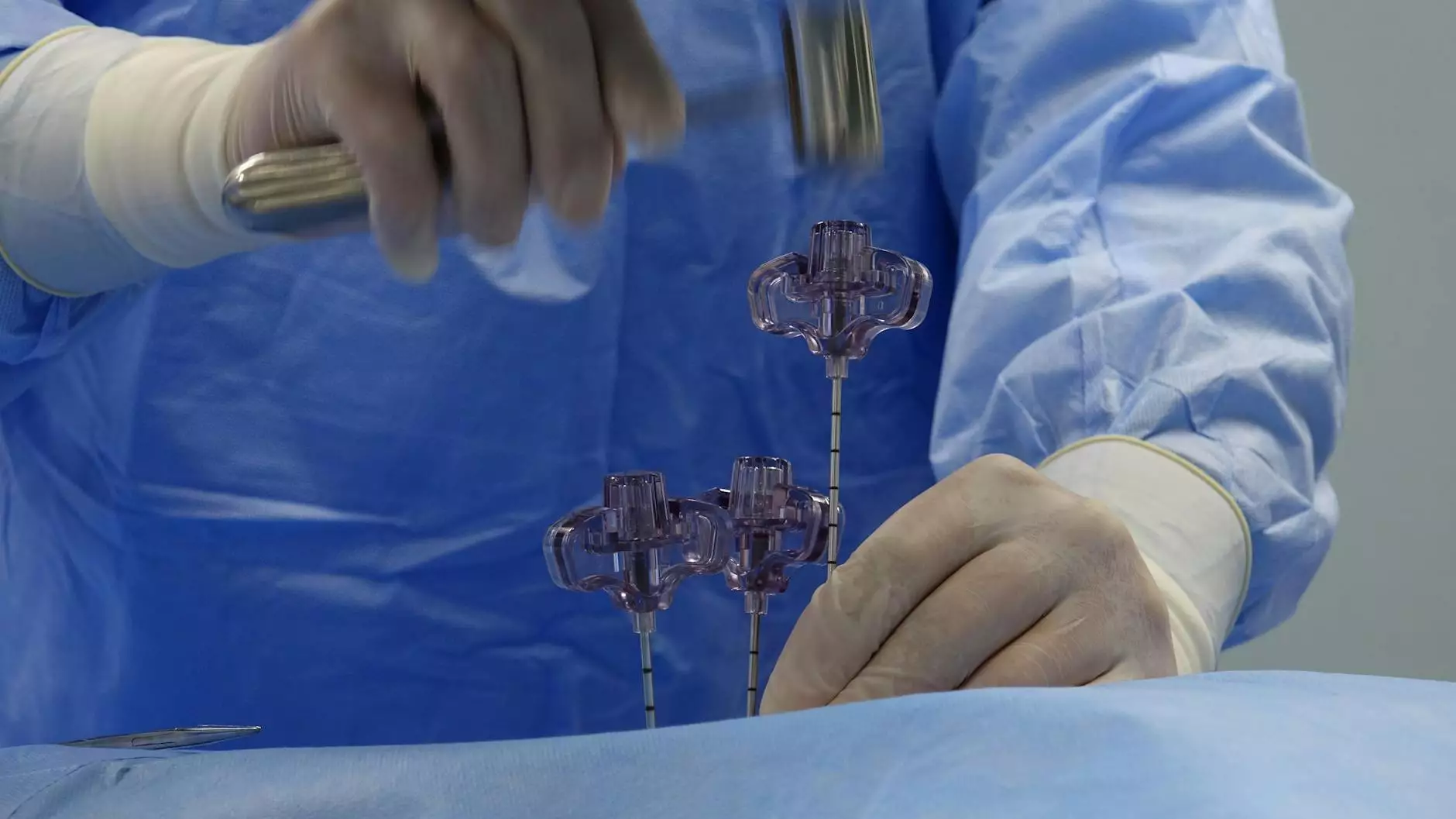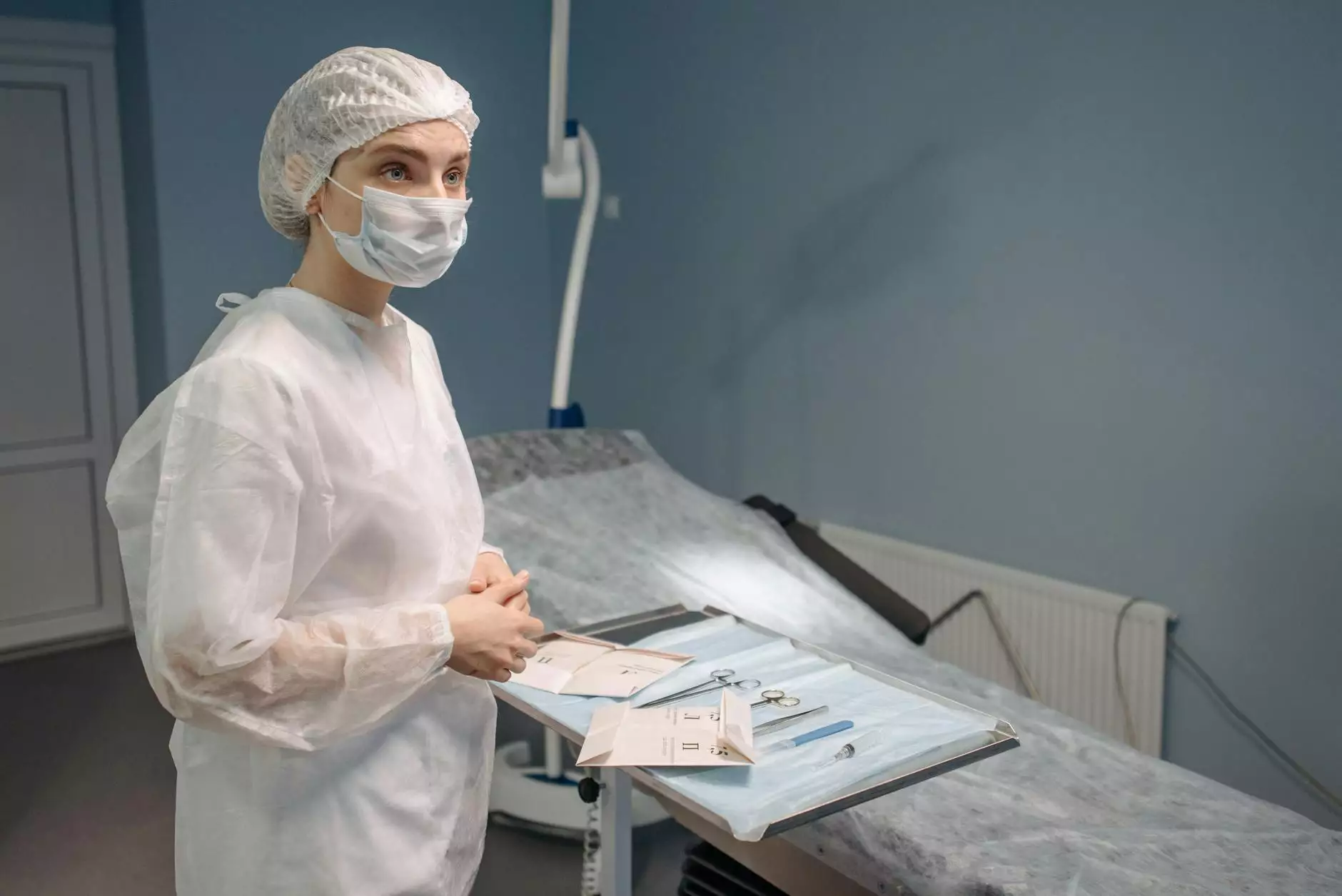Understanding the Role of Thoracic Surgeons in Modern Healthcare

In the realm of health and medical professions, the term thoracic surgeon signifies a specialist primarily focused on surgical interventions in the chest area. This includes not only the heart but also the lungs, esophagus, and other mediastinal structures. Their expertise is crucial for a variety of conditions, ranging from congenital heart defects to lung cancer.
The Importance of Thoracic Surgeons
Thoracic surgeons play a vital role in patient care and health outcomes. Their skills are essential in several areas, including:
- Cardiac Surgery: Repairing damaged heart structures.
- Lung Surgery: Removing cancerous or diseased lung tissues.
- Esophageal Surgery: Treating conditions like esophageal cancer or severe gastroesophageal reflux disease (GERD).
- Thoracic Trauma Surgery: Addressing injuries due to accidents or falls.
Education and Training of Thoracic Surgeons
Becoming a thoracic surgeon requires extensive education and training. The typical path includes:
- Undergraduate Education: Four years of a bachelor’s degree, often in a science-related field.
- Medical School: Another four years to earn a Doctor of Medicine (MD) or a Doctor of Osteopathy (DO).
- General Surgery Residency: A minimum of five years, where trainees gain hands-on experience in various surgical procedures.
- Fellowship in Thoracic Surgery: An additional 2-3 years spent specializing in thoracic operations.
Common Conditions Treated by Thoracic Surgeons
Thoracic surgeons are adept at diagnosing and managing a wide range of diseases. Some of the most common conditions they treat include:
- Heart Conditions: Such as coronary artery disease and valve dysfunction.
- Lung Cancer: Early diagnosis and surgical intervention can significantly improve outcomes.
- Empyema: A collection of pus in the pleural cavity requiring surgical drainage.
- Aneurysms: Particularly of the aorta, which can be life-threatening without timely intervention.
Innovative Surgical Techniques in Thoracic Surgery
The field of thoracic surgery has seen immense technological advancements, leading to less invasive methods that improve recovery times and outcomes. Key innovations include:
- Minimally Invasive Surgery (MIS): Techniques such as video-assisted thoracic surgery (VATS) allow surgeons to perform complex procedures through small incisions.
- Robotic Surgery: Utilizing robotic systems provides high precision, reducing the risk of infection and speeding up recovery.
- Advanced Imaging Techniques: Improvements in imaging assist surgeons in planning and executing surgeries with greater accuracy.
Collaboration with Other Healthcare Professionals
The role of a thoracic surgeon goes beyond performing surgery. These specialists often collaborate with a multidisciplinary team to ensure comprehensive patient care. This team frequently includes:
- Oncologists: For cancer treatment plans.
- Radiologists: For imaging and understanding the extent of diseases.
- Physiotherapists: Particularly in recovery, ensuring patients regain strength and functionality.
- Nurses and Physician Assistants: Essential for pre-operative and post-operative care.
The Rehabilitation Process After Thoracic Surgery
Post-operative care is crucial for a successful recovery following thoracic surgery. Rehabilitation typically involves:
- Pain Management: An essential part of recovery to help patients engage in rehabilitation exercises.
- Physical Therapy: Tailored programs to help patients regain lung function and strength.
- Cardiac Rehabilitation: For those undergoing cardiac procedures, a structured program enhances recovery.
- Regular Follow-Ups: Monitoring recovery and detecting any potential complications early.
The Future of Thoracic Surgery
As technology advances, the field of thoracic surgery continues to evolve rapidly. Future trends include:
- Personalized Medicine: Tailoring surgical approaches based on individual patient genetics and responses.
- Telemedicine: Expanding access to consultations and follow-up care through remote healthcare delivery.
- Integrative Health Approaches: Incorporating alternative therapies for better overall patient wellness.
Conclusion: The Critical Role Thoracic Surgeons Play in Healthcare
The contributions of thoracic surgeons to healthcare cannot be overstated. They save lives, improve quality of life, and play a significant role in the management of severe health conditions. As surgical techniques and technologies continue to develop, we can expect even more positive outcomes for patients facing thoracic health issues.
For further information on thoracic surgery and related health services, visit Hello Physio, where you can learn about various interventions and rehabilitation services available in the field of health and medical care.









